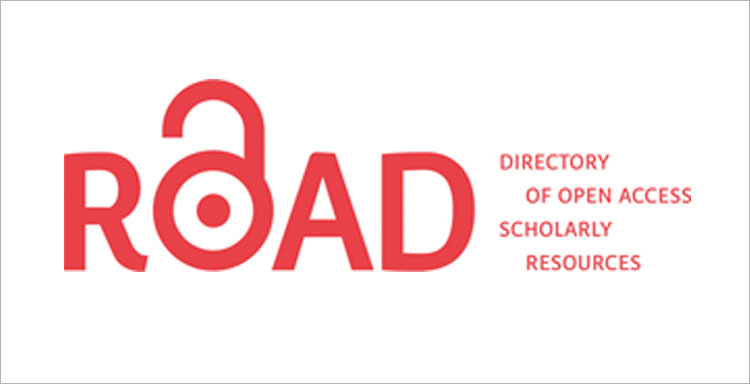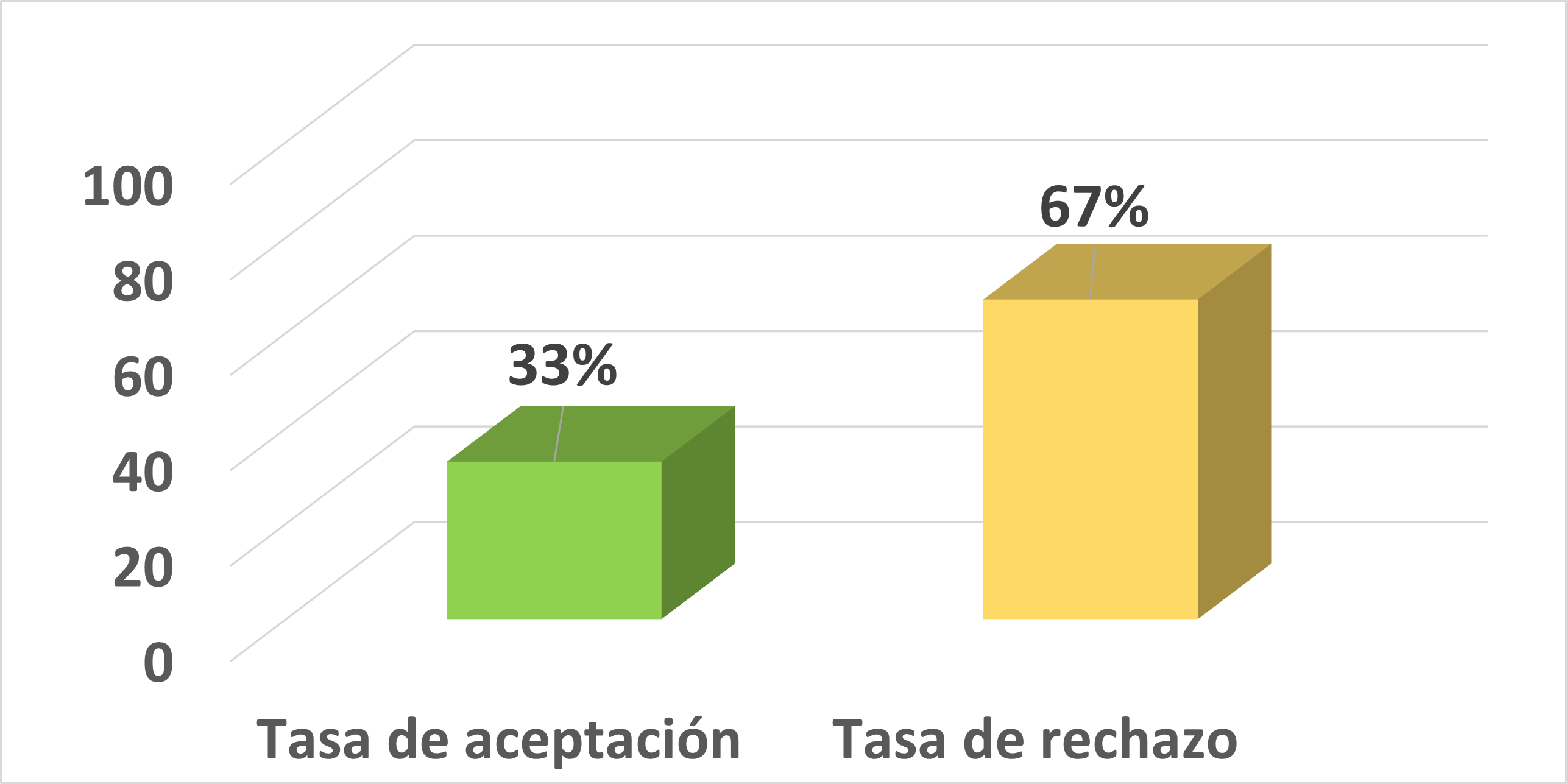The work of the father of the family and the social development of their children
Keywords:
Communication, Development, Failure, Home, Socialization.Abstract
This research was based on the actions of the family father over the social development of the students of the Unidad Educativa Mayor Ambato of the province of Tungurahua. The work and responsibility of the family father determine the actions of the children at both home and the educational center, influencing the level of social development. Teenagers with rebellious, aggressive and violent behaviors are usually related to parents that ignore the disruptive behaviors and negative attitudes of their children. The aim of this research is to determine the influence of the father in the development and the modification of behavior of his children, by analyzing the problems that lead them to rebellion. The methodology used is semi-quantitative research through surveys with structured questionnaire applied to parents. The results showed that without the involvement of the father in his family actions, disrespect and disobedience of their children will be generate. We concluded that the father's work is fundamental for the social, moral, educational and affective development of his children.References
Barboza D. (2014). El desarrollo psicosocial del adolescente ante la separación de sus padres. Tesis para la obtención del título de Magíster en Educación. Universidad de Carabobo. Venezuela. 294 pp.
Cisneros S.E. (2011). Estrategias de integración de los padres de familia al proceso educativo de los estudiantes del Colegio Fiscomisional Juan Pablo II durante el primer trimestre del Año Lectivo 2010-2011. Tesis de Maestría. Universidad Técnica del Norte. Ibarra, Ecuador.
Gómez-Urrutia V. & A. Jiménez-Figueroa (2014). El conflicto trabajo-familia ante los derechos al cuidado de niños y niñas. Revista Latinoamericana de Ciencias Sociales, Niñez y Juventud 13(1): 137-150.
INEC Instituto Nacional de Estadística y Censos (2002) Disponible en: http://www.ecuadorencifras.gob.ec/estadisticas/ [Consultado 20 septiembre 2017]
Milmaniene J. (2004). La Función Paterna. Buenos Aires: Ed. Biblos
Morales A.M., P. Arcos, E. Ariza, M.A. Cabello, J. Pacheco, A.J. Palomino, J. Sánchez & M.C. Venzalá (1999). El entorno familiar y el rendimiento escolar. Proyecto de Investigación Educativa subvencionado por la Consejería de Educación y Ciencia de la Junta de Andalucía. Disponible en: http://miscelaneaeducativa.com/Archivos/entorno_familia.pdf [Consultado 20 septiembre 2017]
Pironio A.C. (2014). Familia y participación en el contexto escolar. Tesis de Maestría. Universidad de Chile. Santiago de Chile, Chile.
Downloads
Published
How to Cite
Issue
Section
License
Those authors who have publications with this journal, accept the following terms:
- After the scientific article is accepted for publication, the author agrees to transfer the rights of the first publication to the CEDAMAZ Journal, but the authors retain the copyright. The total or partial reproduction of the published texts is allowed as long as it is not for profit. When the total or partial reproduction of scientific articles accepted and published in the CEDAMAZ Journal is carried out, the complete source and the electronic address of the publication must be cited.
- Scientific articles accepted and published in the CEDAMAZ journal may be deposited by the authors in their entirety in any repository without commercial purposes.
- Authors should not distribute accepted scientific articles that have not yet been officially published by CEDAMAZ. Failure to comply with this rule will result in the rejection of the scientific article.
- The publication of your work will be simultaneously subject to the Attribution-NonCommercial-NoDerivatives 4.0 International (CC BY-NC-ND 4.0)









